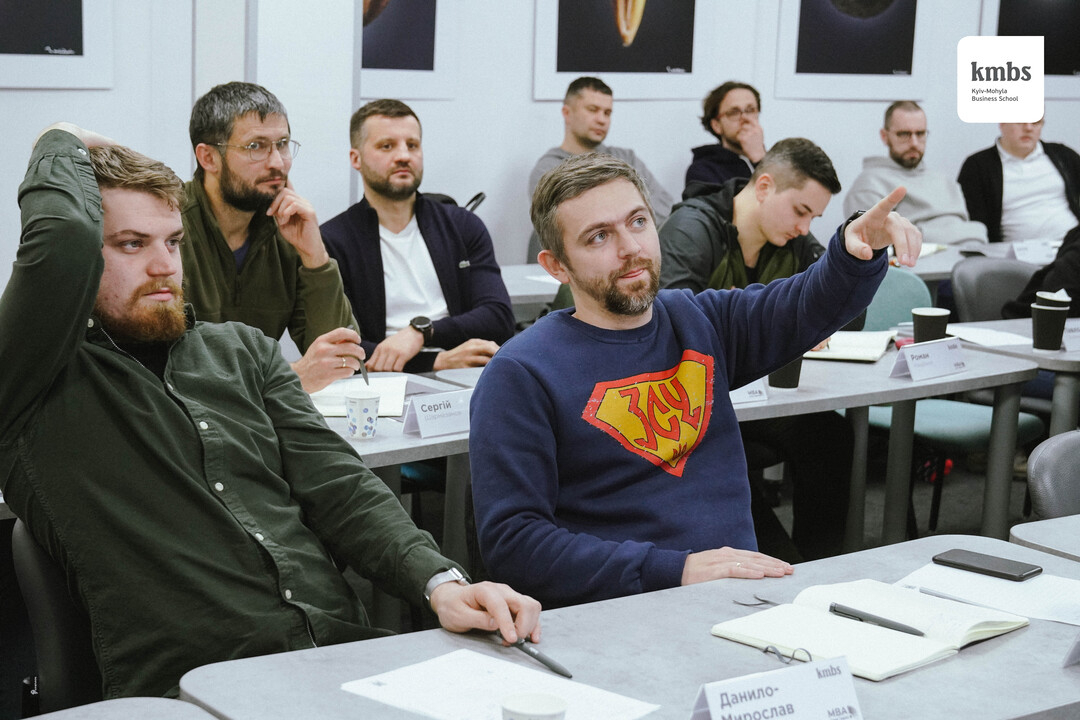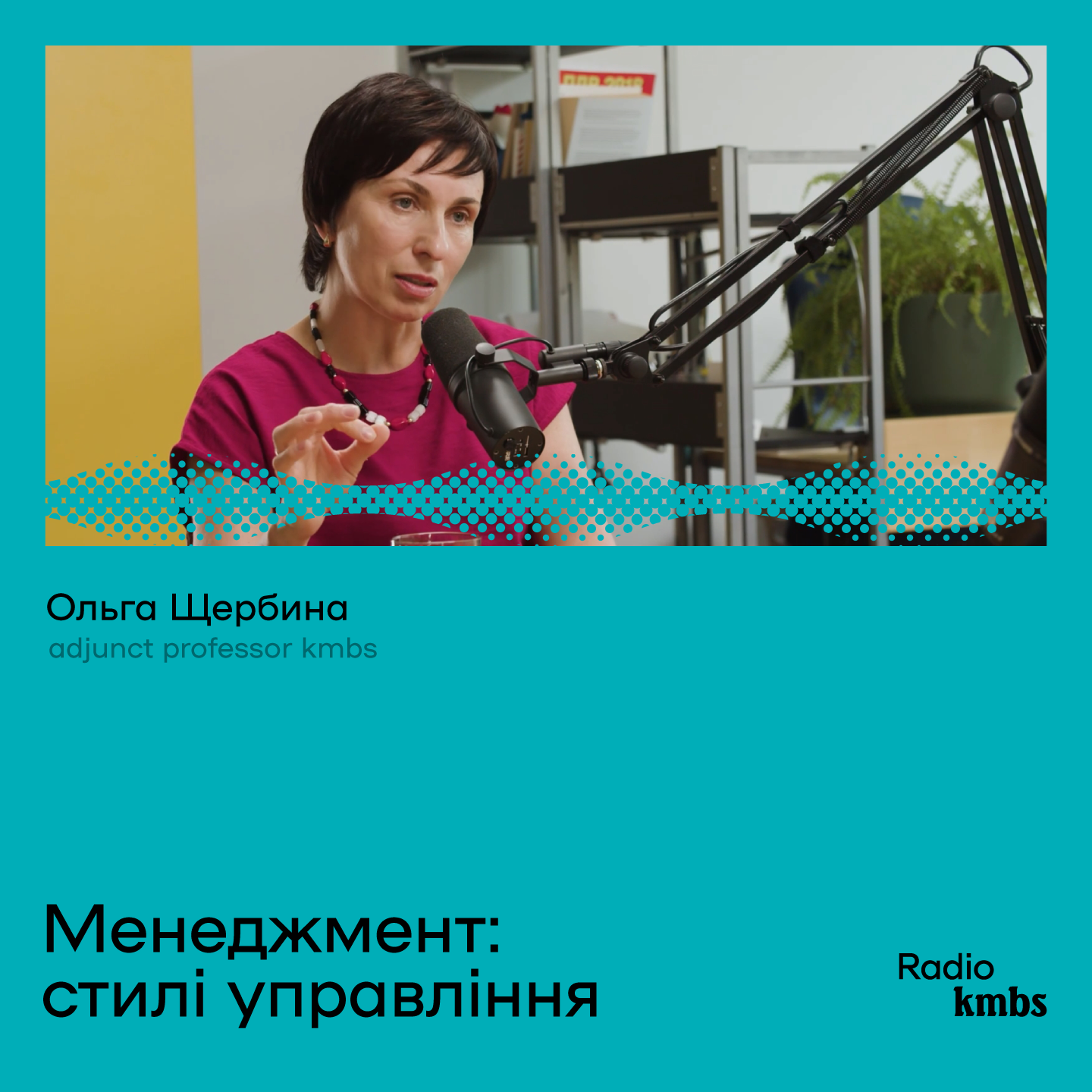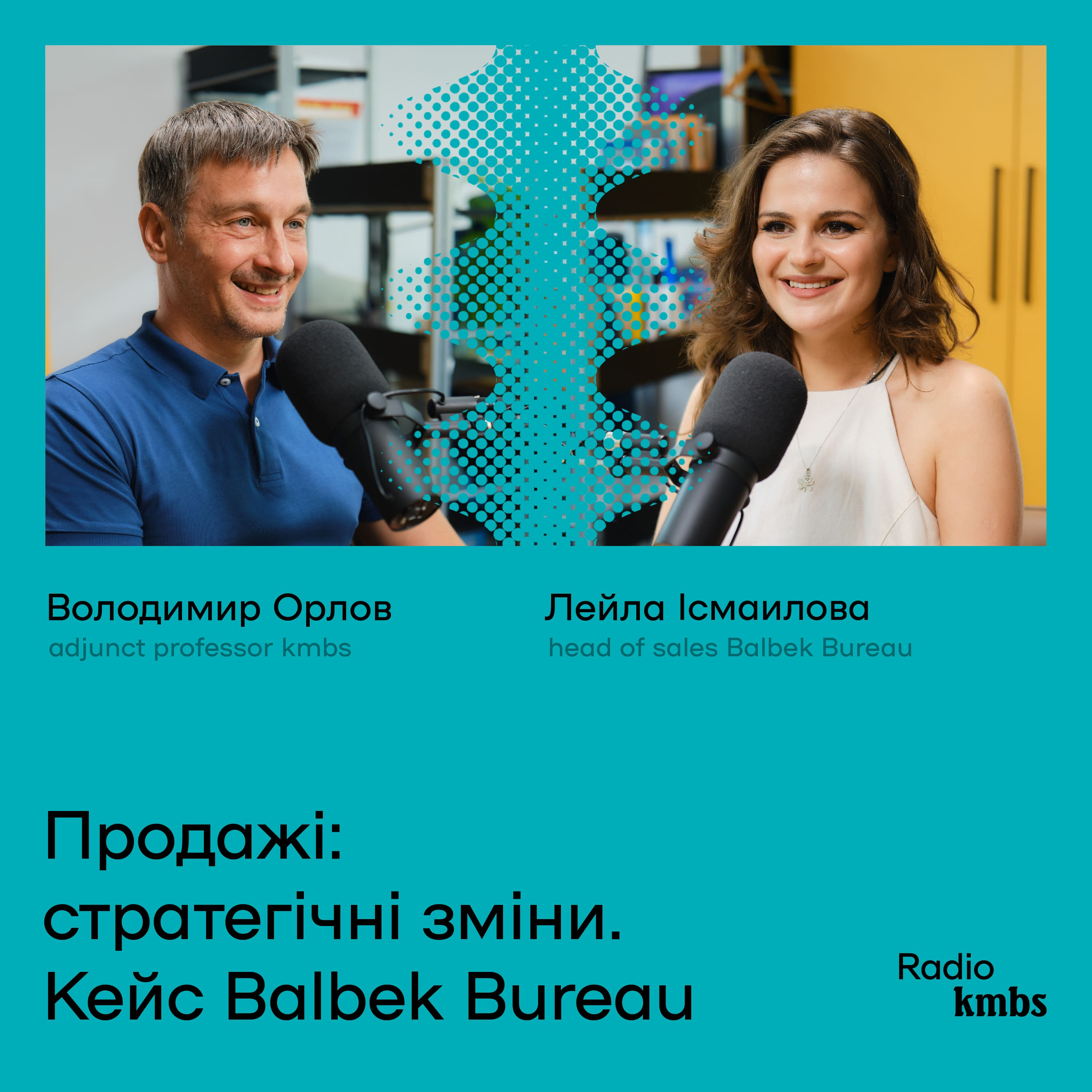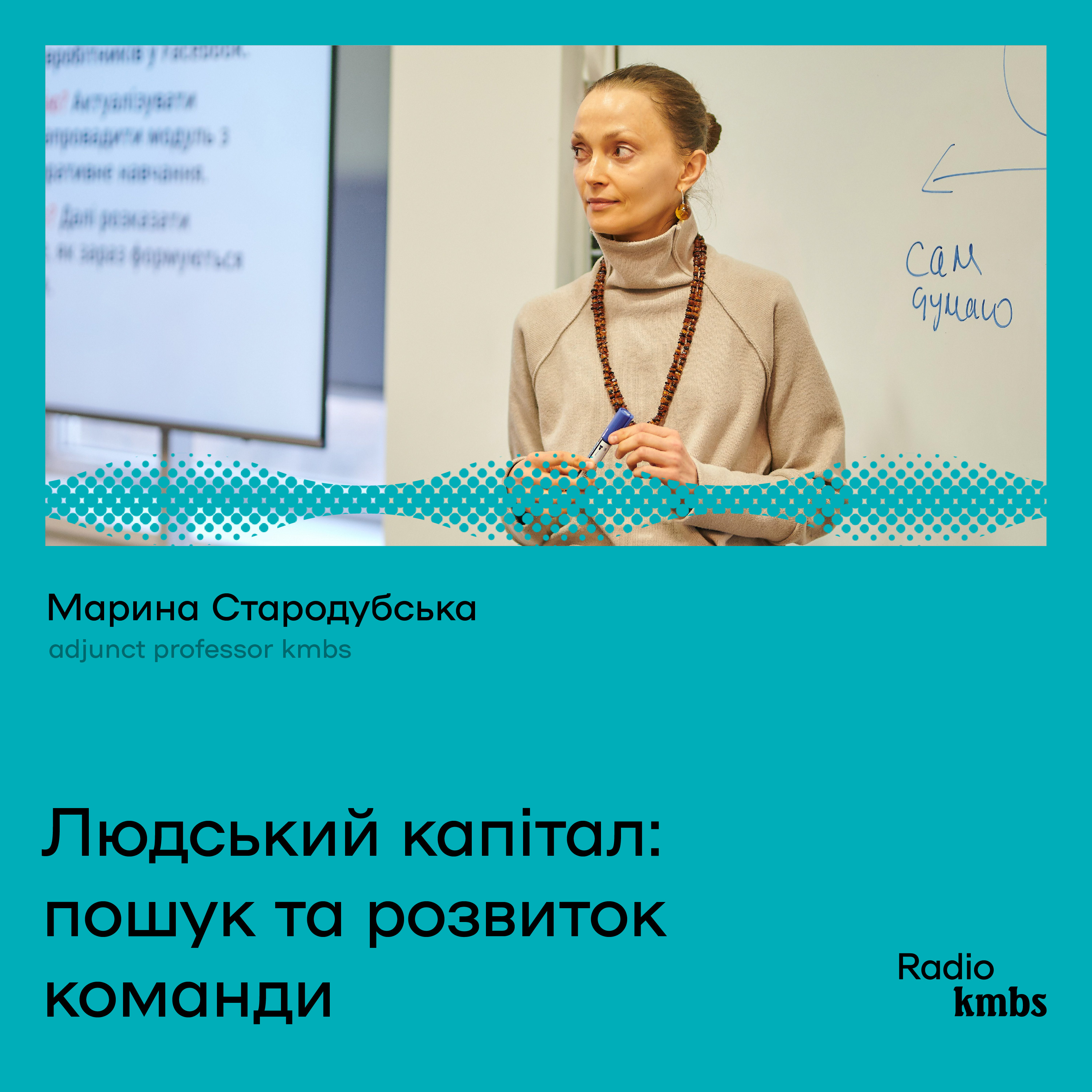At the lecture of Serhii Komberyanov, president of the Lean Institute Ukraine, it was discussed what Lean is and how this approach can improve the self-development of managers. The term itself translates as "no frills" and is often associated with production. Indeed, this methodology dates back to Henry Ford's ideas for creating a continuous flow in automotive manufacturing. But since the Lean method aims at identifying and eliminating all possible types of losses, it can apply to organizational and personal processes.
So the key to Lean is to look for the excess and get rid of it. This makes it possible to adapt flexibly to any difficulties and challenges. According to Serhiy, the methodology is suitable for anything you can do: "For example, 54% of all American companies are already implementing Lean, as are most of the top Ukrainian businesses. If you do not do this, you will most likely be unable to export."
Lean is not about manufacturing or cars. It's about flexibility and continuous improvement. It's about philosophy. "And this philosophy begins with the leader. First, you change yourself, then your company, your processes," says the speaker.
Serhiy showed numerous examples of how the implementation of Lean is related to the manager's involvement and his personality changes and emphasized: "If you are not ready to change yourself, do not spend money on Lean, because it will be a total self-deception and volatile results."
The lecturer also talked about John Shook, the first American who worked at the Toyota plant in Japan and was involved in transferring production outside of Japan. John said Lean management is about systematically developing people and continuously improving processes to deliver value to customers and ensure company prosperity while consuming the least resources.
Thus, the first place in Lean is the development of people, respectively, and the manager's personal story. "Based on this, the first skill someone who wants to become Lean needs to develop is teaching. It would be best if you became a coach, a teacher, says Serhiy. "A leader is not a charisma, not a "fireman," but rather a "fire inspector" who will make sure that a fire does not happen." A manager should be evaluated by how his subordinates develop.
Lean, according to the speaker, is the way to anti-fragility. And this is illustrated by the results of businesses in crisis periods. Let's say that the pandemic and the war did not become an irreparable blow to Lean companies. Serhii said that it was easier for them to transfer business to safer regions, they did not go into debt, etc. So, there are rational reasons for a detailed immersion in this methodology.










